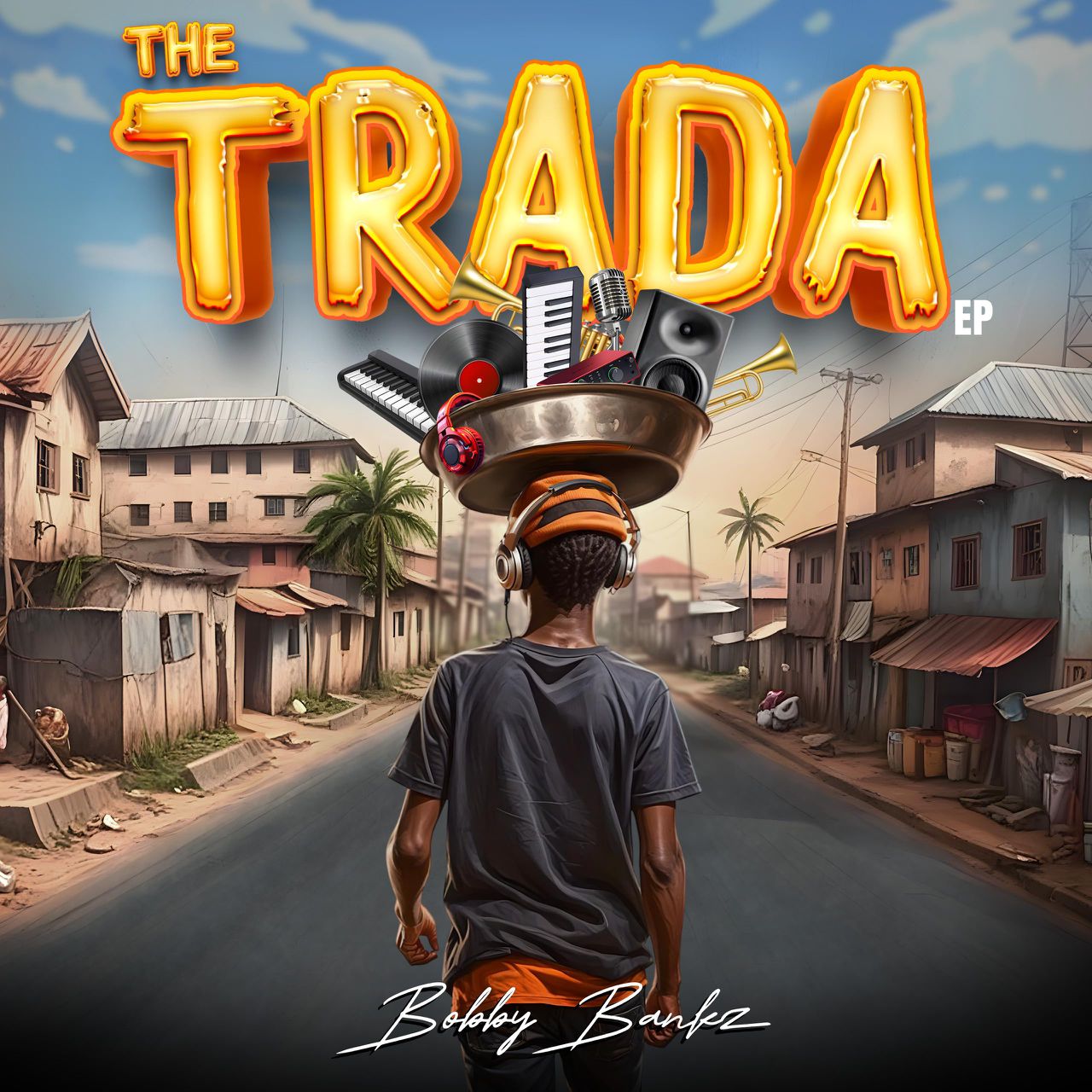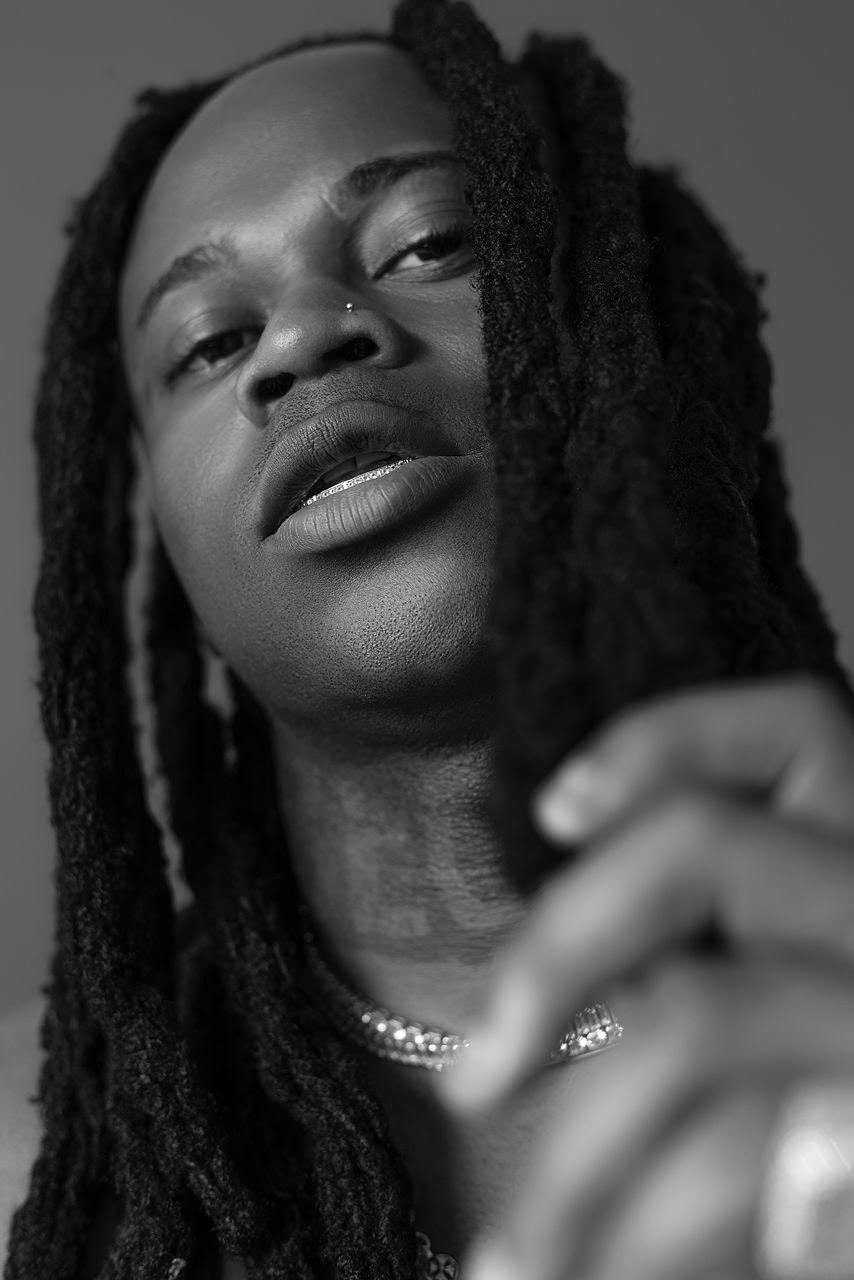I Used To Earn N15000, Now I’m Paid N1million Per Show – Slimcase

In a chat Saturday Beats, theOshozondicrooner stated that he used to work as a factory work here he received the meager salary for a period of ten years.
“Before fame found me, I worked as a factory boy for about ten years. I worked with Dangote and a lot of companies that produce dry gin. I earned about N15,000 per month but now, I am one of the most sought-after artistes and I charge about N1m per show,” he said.
Three years after he began working as a factory worker, he decided to give music a shot but chose the rap genre, a move that did not pay him at all. After embracing ghetto sound, he decided to switch genre; a decision which has turned him to one of the rave-of the-moment artistes.
“I never believed that I would be this big within a short period of time. I have been in the industry for about seven years but when I started, I was a rap artiste, I did radio-friendly songs but my life and music changed when the Shaku Shaku trend came on board.
Before I released my hit song, ‘Oshozondi,’ the guys on the streets of Mushin and Agege area had been dancing the Shaku Shaku dance but there was no beat that blended with their songs. They had been looking for a peculiar beat that would be rhythmic with the sound but the likes of Davido and Wizkid were giving them posh songs till I came on board and released the ‘Oshozondi’ song and the beat was purely for the street; it was pure Shaku Shaku beat.
The trend of the new song and the dance step just came out at the perfect time and it worked for me. Before I knew it, they started dancing Shaku Shaku to my song and people began to believe that I was the one that originated Shaku Shaku. After the ‘Oshozondi,’ the ‘Legbegbe’ song came on board,” he said.
The singer however clarified the general perception that he is in competition with the likes of Olamide, Lil Kesh and other popular indigenous rappers
“I am not a threat to the likes of Olamide, Lil Kesh or Small Doctor but people may think I am because I have brought a new sound from the street to the industry. People just like the way I do my thing because in my songs, you cannot easily decipher if I am singing or talking. They just love the uniqueness of my style. Everyone is doing well in their own lane.
I just thank God for where I am today,” Slimcase said.
Slimcase emphasised that the Shaku Shaku songs do not promote immorality.
“The Shaku Shaku songs are street songs from the innermost parts of the ghetto. These songs only paint the picture of what happens in the innermost parts of the ghetto. Someone just has to sing about things like that,” he said.
Punch
Do you find Tmaq Media useful? Click here to give us five stars rating!




















